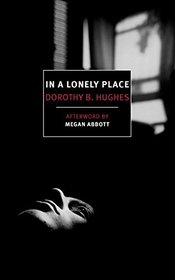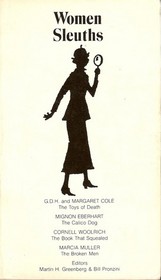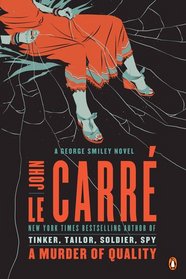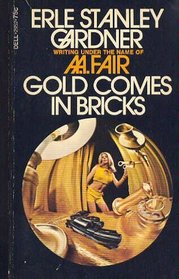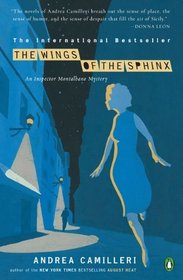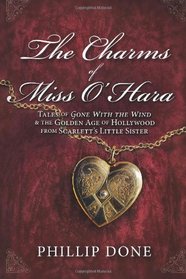
This book is a charming biography of Ann Rutherford. There are three roles for which she is still known. Ann was Carreen O’Hara, the youngest of the three daughters in Gone With the Wind. Ann also played Polly Benedict (Andy Hardy’s love interest) thirteen times in the Andy Hardy series. She was Lydia in the 1940 production of Pride and Prejudice (she runs off with Mr. Wickham). Ann died in 2012 in Beverly Hills, CA. However, years before, she befriended a school teacher and budding author, Phillip Done. Over the years, she told him fascinating stories about the Golden Age of Hollywood.
This book is a labor of love because Ann Rutherford comes across as joyous and enjoying her life to the max. These are wonderful stories that are never spiteful or demeaning. The tidbits she shares are things only someone active in the movie business could have known. Ann says that Pride and Prejudice was filmed in black and white for a unique reason. Technicolor was a new medium, and there were only seven or eight cameras in the world then. Gone With the Wind and The Wizard of Oz had them all. Since the stars were under contract and time was short, they were forced to use black and white cameras.
If you are a “Golden Age of Hollywood” buff like me, the whole book is a trip down memory lane. Ann explains that the cast members always referred to Gone With the Wind as — The Wind (most folks writing about that film called it GWTW, but not those involved in it). Almost every page had something I didn’t know. Vivian Leigh (Scarlett) had tuberculosis as a child and never fully recovered. She was not well during the filming of The Wind and David Selznik wanted to reshoot the opening scene with Scarlett (of her running out of Tara with the twins running behind her). But he could not because Vivian had aged too much. Vivian was constantly losing weight; when she took off a costume, the seamstresses immediately took it in for the next day’s filming. Ann says The Wind was hard on Vivian; the filming took over six months. However, Vivian never came to work late or unprepared, even though rewrites were constantly problematic for the actors (new lines to learn for the next morning). One thing Ann mentioned that I hadn’t realized was that Vivian was in almost every scene. By the time the film was complete, they had twelve hours of story. However, they cut it down to four hours.
Ann had stories about everyone in the film. She said that Clark Gable was poor while growing up and never lost sight that other workers made him look good. He waited for his time to film by playing cards with the gaffers and other blue-collar workers on the set. He did not let anyone call him Mr. Gable; he was always Clark.
One of the few people Ann panned was Joan Crawford. She said she wished Christina Crawford, who wrote “Mommie Dearest,” had called her. Ann could have told plenty more about Joan. Miss Crawford was an early star who descended on the studio (when she worked) with an entourage (of employees following her). When Joan wasn’t looking, stars mimicked Joan and her entourage walking around the studio lot. When Joan found out, she wasn’t amused.
Since the premiere of The Wind was before my time (in 1939), I had no idea about the hoopla associated with its opening. There were three premieres: Hollywood, New York City, and Atlanta, Georgia. The story of those premieres and the five, ten-year, and multi-year festivals was amazing. Films simply do not garner the kind of notoriety that they did in earlier times.
This was a unique and fascinating book that I thoroughly enjoyed. Ann Rutherford was an interesting woman, full of joy for being alive. She loved everything about being a star — and it showed.

